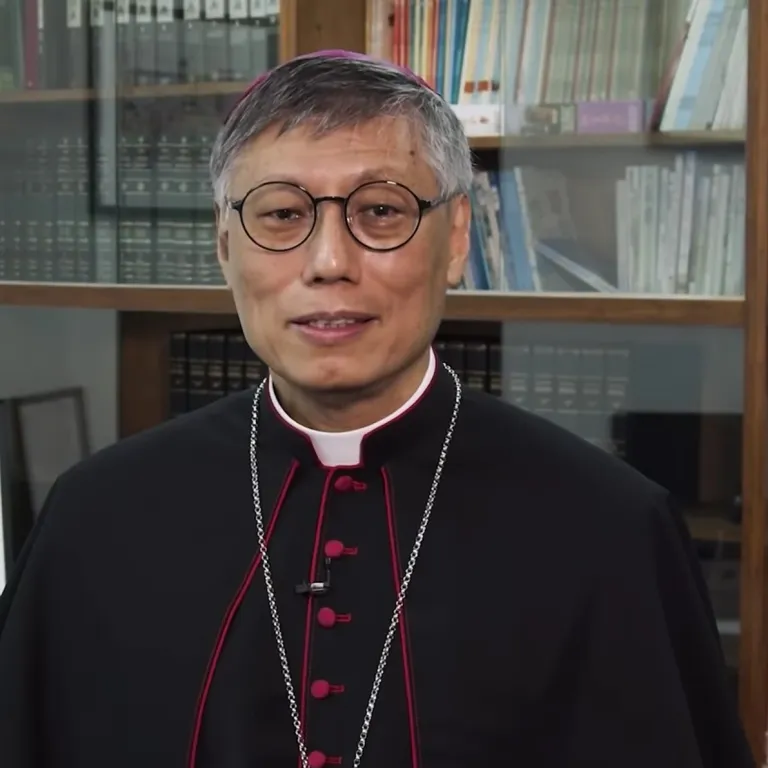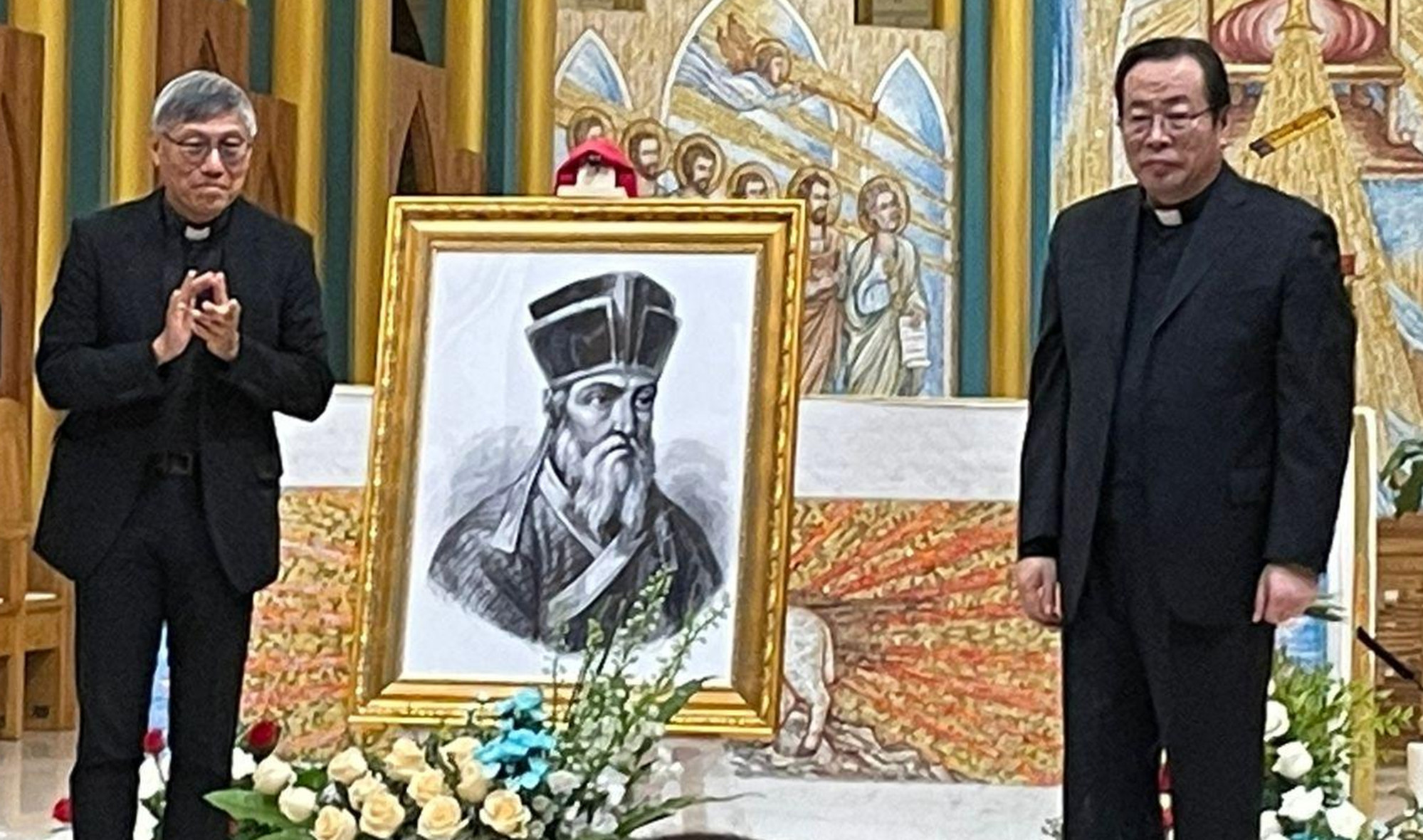
Being patriotic requires ‘extra effort’ by Hongkongers who grew up in colonial era, city’s top Catholic cleric says
- Bishop Stephen Chow acknowledges recent call for patriotism could spark ‘complicated emotions’, but says faith can help teach people to love country, church
- ‘People can live a good life if the government lives up to its mission, and vice versa. So we should hope for dialogue between the administration and the church,’ he adds
Being patriotic requires “extra effort” by Hongkongers who grew up in the colonial era and the obligation is even more difficult after a decade of political and social change, the city’s top Catholic cleric has said, also insisting that loving one’s country was a key religious teaching.
Bishop Stephen Chow Sau-yan, the head of Hong Kong’s Catholic diocese, on Friday elaborated on his recent call for patriotism during his historic trip to Beijing, saying he understood that such a stance was bound to spark “complicated emotions” but it had also attracted support.
Writing in Kung Kao Po, the diocese’s official publication, the top cleric acknowledged it was challenging for Hongkongers to feel patriotic, a value widely promoted by local and central authorities.
“Like many Hongkongers, I grew up during the colonial era when national sentiment and identity could hardly be part of our consciousness,” Chow wrote. “It can be said that our blood does not carry any love for the nation.”
Patriotism is everyone’s duty, Hong Kong bishop says during historic Beijing trip
“It requires extra effort to alter this mentality and it is even more difficult to do so after experiencing the social and political changes over the past decade.
“I believe both the central and local governments are also aware of this. We really need guidance from the Holy Spirit so we can love our country and our churches at the same time.”

On Friday, Chow emphasised that love of one’s country was a Catholic teaching and said it was every residents’ obligation to cooperate with authorities and contribute to society’s welfare in an atmosphere of truth, justice, joint responsibility and freedom.
“People can live a good life if the government lives up to its mission, and vice versa. So we should hope for dialogues between the administration and the church,” he said, adding doing so required respect, empathy and mutual understanding.
“We should help the government improve for the sake of our country.”
The top Catholic cleric said his training and experience as a psychologist and educator had made him realise that positive encouragement was more effective in promoting change than constant criticism and threats.
Chow last week became the first local bishop to visit Beijing since Hong Kong returned to Chinese rule in 1997, embarking on a five-day trip to the capital.
Hong Kong Catholic bishop calls for closer ties with mainland Chinese churches
During the visit, Chow held masses, visited the tomb of 17th century Jesuit missionary Matteo Ricci and met officials from the National Religious Affairs Administration.
He also invited his Beijing counterpart, Joseph Li Shan, to visit Hong Kong and reiterated his wish to see more exchanges between local and mainland churches.
The visit came amid renewed tension between the Vatican and China after Beijing named Joseph Shen Bin as the new bishop of Shanghai in an apparent violation of the bilateral pact between the two states.
The Vatican – now the only European state to have formal diplomatic links with Taiwan, which Beijing views as its own territory – has been trying to improve ties with Beijing, which were severed in 1951.
Vatican says China has unilaterally appointed bishop to Shanghai
The mainland is home to an estimated 12 million Catholics, who are split between an “underground” church that looks to the papacy for authority and state-run bodies under the Chinese Catholic Patriotic Association.
In 2018, the Vatican and the mainland took a step towards repairing relations when Beijing and the Holy See reached a provisional agreement on the appointment of Chinese bishops.
But critics of the 2018 agreement have accused the Vatican of selling out the underground church and pushing it to pledge allegiance to government-controlled Catholic bodies that have vowed independence from Rome.

